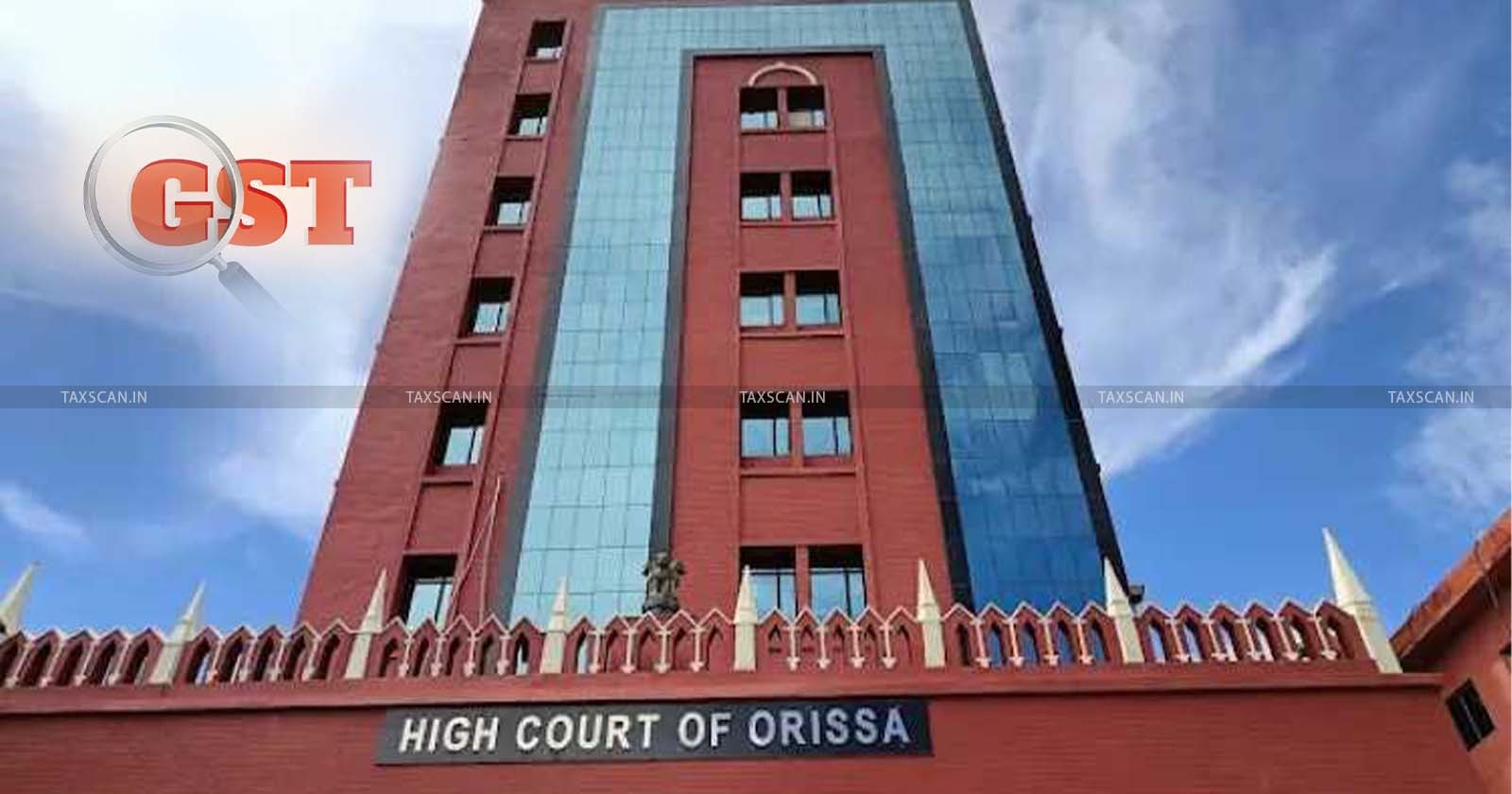Nine GSTINs, NIL Returns, and Massive ITC Fraud: Patna HC Says No Prima Facie Case for Interference under Article 226 [Read Order]
The Court stated that the extraordinary writ jurisdiction cannot be invoked when statutory remedies are available and there is no demonstrable violation of fundamental rights or procedural unfairness
![Nine GSTINs, NIL Returns, and Massive ITC Fraud: Patna HC Says No Prima Facie Case for Interference under Article 226 [Read Order] Nine GSTINs, NIL Returns, and Massive ITC Fraud: Patna HC Says No Prima Facie Case for Interference under Article 226 [Read Order]](https://images.taxscan.in/h-upload/2025/07/03/2058668-nine-gstins-nil-returns-nil-returns-and-massive-itc-fraud-massive-itc-fraud-taxscan.webp)
The Patna High Court dismissed a writ petition filed by Mangalam Enterprises, a sole proprietorship, seeking to quash a tax demand of over ₹1.59 crore raised under Section 74(9) of the GST ( Goods and Services Tax ) Act.
The Court observed that no prima facie case had been made out for invoking its extraordinary jurisdiction under Article 226 of the Constitution of India.
The petitioner, Dharmendra Kumar Singh, claimed to be the proprietor of Mangalam Enterprises, registered under GST in Bihar. He alleged that he had become a victim of cyber fraud after providing his GST login credentials to a person named Sampat Kumar, whom he had met on Facebook while seeking help for obtaining a business loan.
According to the petitioner, this individual misused his credentials to fraudulently pass on input tax credit (ITC) worth over ₹3 crore to five other companies in January 2024. A cyber complaint was subsequently filed by the petitioner on the National Cyber Crime Reporting Portal on May 25, 2024.
However, the State authorities strongly contested the narrative. In their counter affidavit, the respondents pointed out that the petitioner had consistently filed NIL GST returns and did not appear to be conducting any genuine business activity.
Understanding Common Mode of Tax Evasion with Practical Scenarios, Click Here
 Also Read:GST Attachment Order Withdrawn After Appeal Admitted: Orissa HC Dismisses Writ as Infructuous [Read Order]
Also Read:GST Attachment Order Withdrawn After Appeal Admitted: Orissa HC Dismisses Writ as Infructuous [Read Order]
Moreover, investigations revealed that nine GSTINs had been registered in the names of the petitioner and his family members all of whom had reported NIL turnover, suggesting a deliberate scheme of circular trading and bogus ITC generation.
The authorities contended that the registrations were obtained only to indulge in fraudulent ITC claims, thereby defrauding the State exchequer. The petitioner, instead of availing the statutory appellate remedies available under the GST Act, chose to invoke the High Court’s writ jurisdiction directly.
While dismissing the petition, the Division Bench of Justice Rajeev Ranjan Prasad and Justice Ashok Kumar Pandey held that “No ground for entertaining this writ application under Article 226 of the Constitution of India… has been made out. The statements made in the counter affidavit have not even been controverted by the petitioner.”
The Court stated that the extraordinary writ jurisdiction cannot be invoked when statutory remedies are available and there is no demonstrable violation of fundamental rights or procedural unfairness. Also the bench noted that the counter affidavit has not even been controverted by the petitioner.
Accordingly, the petition was dismissed.
Support our journalism by subscribing to Taxscan premium. Follow us on Telegram for quick updates


